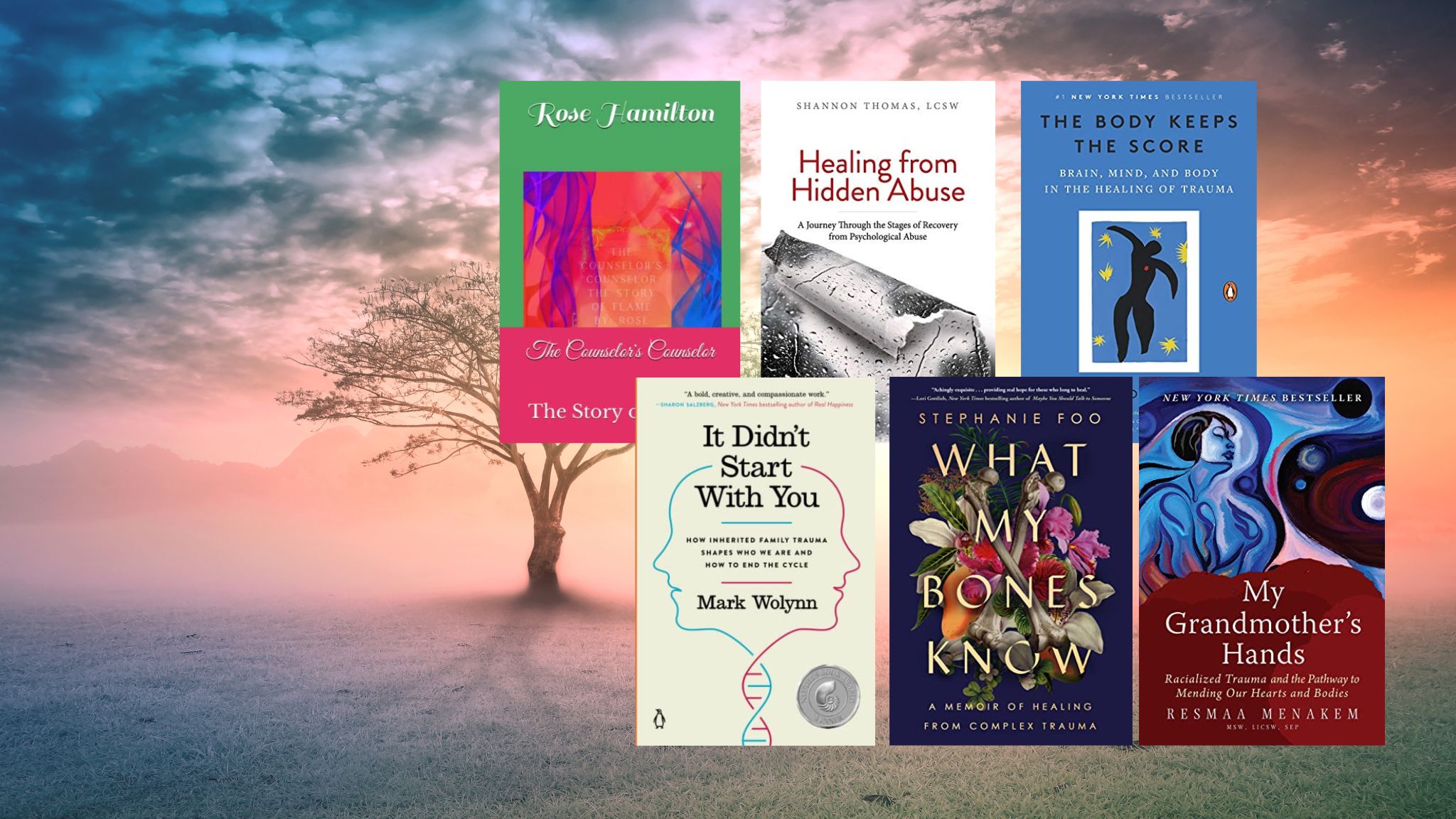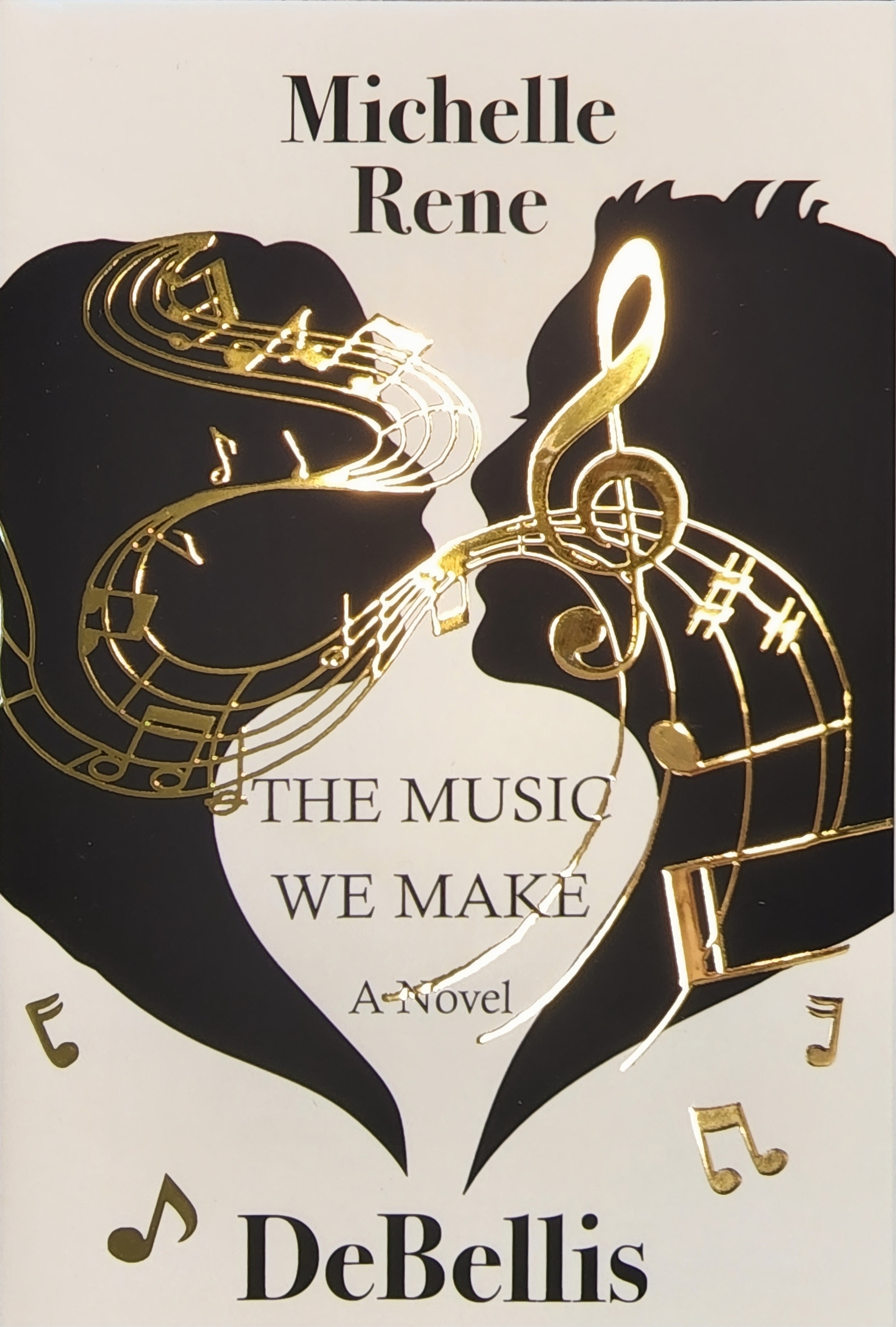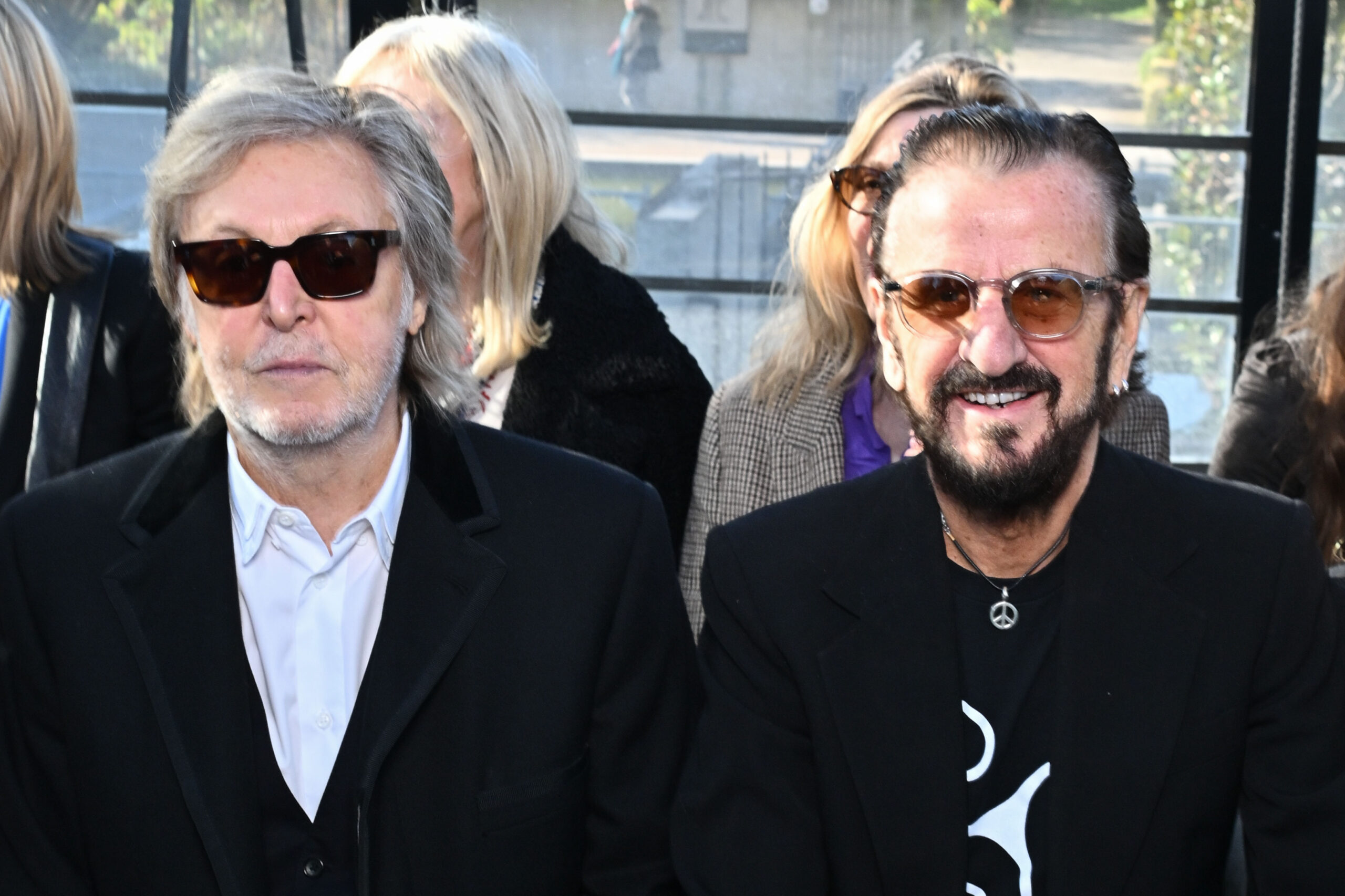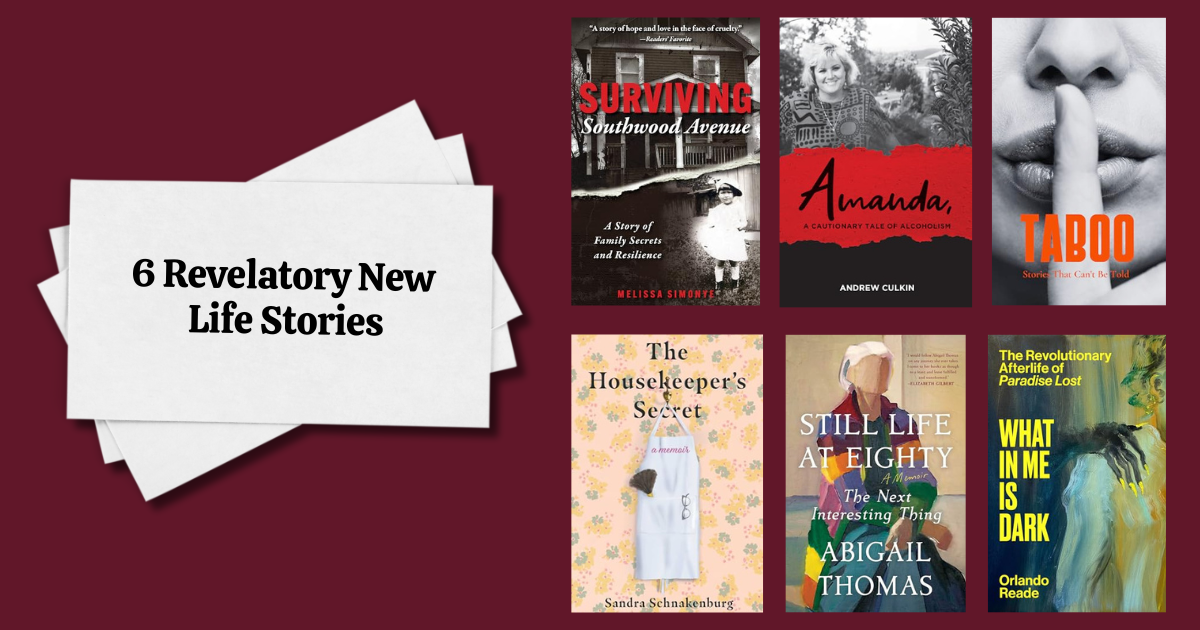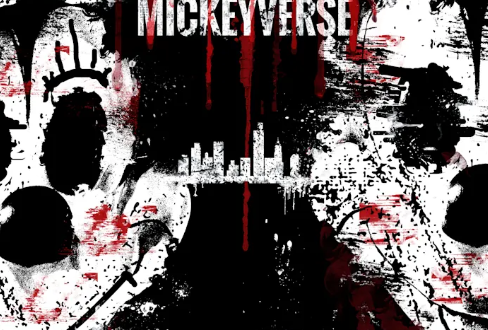While trauma has many faces, there are also many paths to understanding and recovery. Whether you want to work on your own trauma, help a loved one who is going through their healing process, or simply learn more about how trauma affects the body and brain, there are plenty of books about trauma that have delved into all aspects of this deep and complex subject. These books are a start, and for those who need more support, these can both entertain and help crack open the door to seeking professional help.
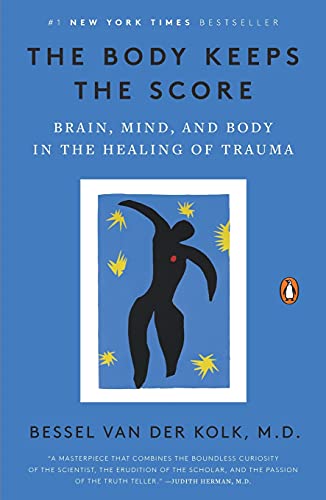
The Body Keeps the Score by Bessel van der Kolk
Trauma is a fact of life. Veterans and their families deal with the painful aftermath of combat; one in five Americans has been molested; one in four grew up with alcoholics; one in three couples have engaged in physical violence. Dr. Bessel van der Kolk, one of the world’s foremost experts on trauma, has spent over three decades working with survivors. In The Body Keeps the Score, he uses recent scientific advances to show how trauma literally reshapes both body and brain, compromising sufferers’ capacities for pleasure, engagement, self-control, and trust. He explores innovative treatments—from neurofeedback and meditation to sports, drama, and yoga—that offer new paths to recovery by activating the brain’s natural neuroplasticity. Based on Dr. van der Kolk’s own research and that of other leading specialists, The Body Keeps the Score exposes the tremendous power of our relationships both to hurt and to heal—and offers new hope for reclaiming lives.
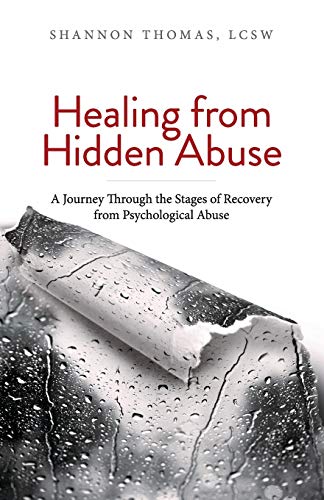
Healing from Hidden Abuse by Shannon Thomas
Within every community, toxic people can be found hiding in families, couples, companies, and places of worship. The cryptic nature of psychological abuse involves repetitious mind games played by one individual or a group of people. Psychological trauma leaves no bruises. There are no broken bones. There are no holes in the walls. The bruises, brokenness, and holes are held tightly within the target of the abuse.
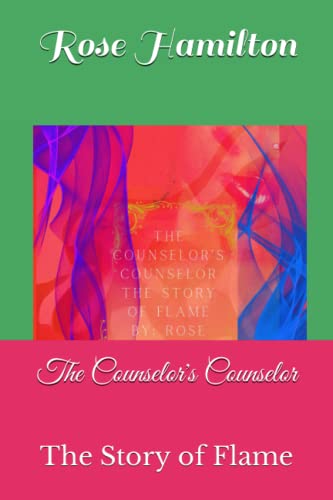
The Counselor’s Counselor: The Story of Flame by Rose Hamilton
Domestic violence can be either physical or mental abuse, but both will inevitably lead to serious mental health conditions and physical disabilities. The good news is that it’s possible to leave an abusive partner and lead a stable, happy, healthy life, and in her new novel, The Counselor’s Counselor, author Rose Hamilton shows us how. In a society placing an increasingly large emphasis on mental health, this novel is sure to resonate with readers.
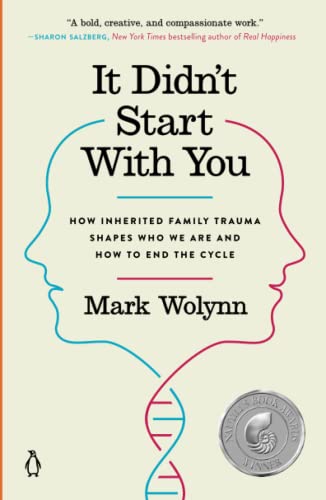
It Didn’t Start With You by Mark Wolynn
Depression, anxiety, self-doubt, trouble setting boundaries- these can all be symptoms of generational trauma that has been passed on through the family system. Traumatic experiences result in ways of being which become ingrained in various familial roles and can lay the foundation for familial dysfunction that can spread decades when left unaddressed. Laura Boggan, LPC-MHSP and Lesley Rickman, LMSW both recommend this book to clients dealing with family trauma.
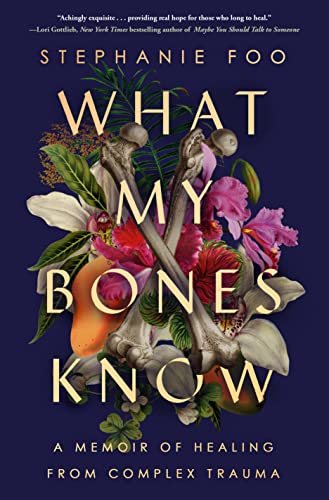
What My Bones Know by Stephanie Foo
In this memoir, Stephanie Foo discusses receiving her C-PTSD diagnosis after being abused by her parents throughout her childhood, culminating in their abandonment of her when she was a teenager. Combining her personal story with interviews with psychiatrists and therapists, Foo dives deep into Complex PTSD and generational trauma.
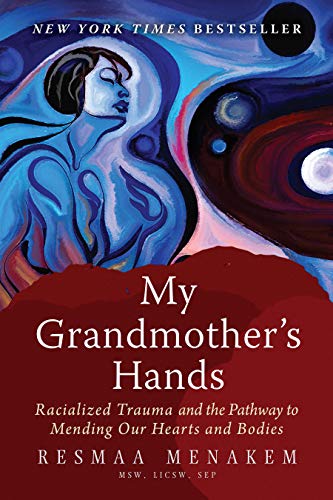
My Grandmother’s Hands: Racialized Trauma and the Pathway to Mending Our Hearts and Bodies by Resmaa Menakem
An excellent examination of how trauma can affect people across multiple generations, My Grandmother’s Hands looks specifically at how racist violence and the trauma that results from it impacts mental and physical health. Menakem’s book discusses how racialised trauma affects multiple communities and comes up with strategies for healing on both personal and community levels.

